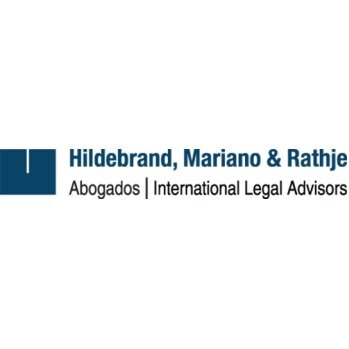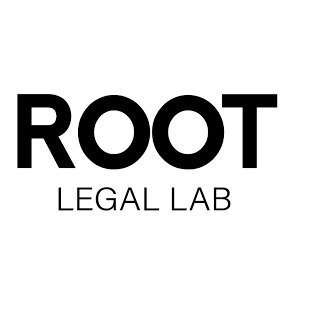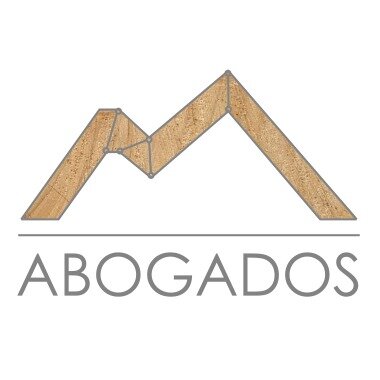Best Antitrust Litigation Lawyers in Seville
Share your needs with us, get contacted by law firms.
Free. Takes 2 min.
List of the best lawyers in Seville, Spain
About Antitrust Litigation Law in Seville, Spain
Antitrust litigation in Seville, Spain focuses on enforcing and defending the laws that regulate fair competition in the marketplace. This area of law is designed to prevent practices that restrict competition, such as price-fixing, market sharing, abuse of dominant position, and illegal mergers. In Spain, antitrust rules are governed at both the national and European Union (EU) level, ensuring a competitive environment for businesses and consumers. Seville, as a major economic hub in the Andalusian region, sees a variety of cases involving local, national, and international entities.
Why You May Need a Lawyer
Individuals and businesses may require the help of an antitrust litigation lawyer in several situations. These include being accused of anti-competitive behavior, seeking to challenge a competitor’s unfair market practices, responding to investigations by authorities such as the National Commission for Markets and Competition (CNMC), or dealing with consequences of mergers and acquisitions that raise competition concerns. Legal advice is also sought when dealing with contractual issues that could potentially have anticompetitive clauses. Given the complex nature of antitrust laws, professional guidance is crucial to navigate investigations, represent interests in court, and ensure compliance with all relevant regulations.
Local Laws Overview
Spanish antitrust law is primarily set out in Law 15/2007 of July 3, on the Defense of Competition. The CNMC is the main regulatory body responsible for enforcing competition rules within Spain, including Seville. This law covers prohibited agreements between companies, the abuse of dominant position, and rules regarding merger control. Businesses operating in Seville must also consider EU competition laws, especially if their actions affect trade between member states. Key aspects that are particularly relevant locally include sector-specific regulations, frequent collaboration between national and Andalusian authorities, and the application of both administrative penalties and private damages actions for infringements.
Frequently Asked Questions
What is considered an antitrust violation in Seville, Spain?
Antitrust violations typically include activities such as price-fixing, bid rigging, market sharing, and abusing a dominant market position. Agreements or coordinated practices among competitors that restrict competition are illegal under Spanish and EU law.
Who enforces antitrust laws in Seville?
The main authority is the Spanish National Commission for Markets and Competition (CNMC). Local authorities and courts in Seville may also be involved in enforcement, particularly for cases that mainly affect the Andalusian region.
What are the penalties for antitrust infringements?
Penalties can include substantial fines, sanctions on directors, or requirements to modify business practices. In serious cases, criminal liability may also arise for individuals.
Can I file a private lawsuit if I am harmed by anti-competitive practices?
Yes. Victims of anti-competitive behavior, such as businesses or consumers harmed by a cartel, can file private damages actions before Spanish courts, including those in Seville.
Is prior approval needed for mergers or acquisitions?
Certain mergers or acquisitions that meet specific turnover or market share thresholds require prior notification and approval by the CNMC to ensure they do not harm competition.
How long do investigations or litigations typically take?
The process varies depending on complexity. Administrative investigations may last several months to over a year. Court proceedings typically extend this timeframe, especially if appeals are filed.
Can small businesses be sued for antitrust violations?
Yes. While larger companies are often scrutinized, small and medium enterprises can also face investigations and penalties if they engage in unlawful anti-competitive conduct.
Are there any leniency programs for self-reporting violations?
Yes. In Spain, companies or individuals that self-report participation in cartels may benefit from reduced fines or immunity, provided they cooperate with the authorities.
Does Spanish antitrust law apply to foreign companies?
Yes. Any company whose actions affect competition in Spain, even if based abroad, may be subject to Spanish antitrust rules and enforcement by the CNMC.
What should I do if contacted by competition authorities?
You should consult an antitrust lawyer immediately. Early legal guidance is crucial to protect your rights, comply with regulatory procedures, and minimize potential liabilities.
Additional Resources
- National Commission for Markets and Competition (Comisión Nacional de los Mercados y la Competencia - CNMC): The main regulatory authority for competition matters in Spain. - Andalusian Regional Directorate for Trade and Competition: Provides local support and information. - Spanish Ministry of Economic Affairs and Digital Transformation: Oversees broader economic and competition policies. - Bar Association of Seville (Ilustre Colegio de Abogados de Sevilla): A resource for finding qualified local antitrust lawyers. - European Commission Directorate-General for Competition: For cases with a cross-border or EU dimension.
Next Steps
If you believe you may be involved in or affected by an antitrust issue in Seville, it is important to act quickly and seek professional legal advice. Collect all relevant documentation, do not make statements to authorities without legal counsel, and contact an experienced antitrust lawyer who understands both the local and broader legal landscape. You can reach out to the Bar Association of Seville for lawyer referrals or contact specialized law firms in the region. Taking early and informed action is the best way to protect your business interests and ensure compliance with all applicable laws.
Lawzana helps you find the best lawyers and law firms in Seville through a curated and pre-screened list of qualified legal professionals. Our platform offers rankings and detailed profiles of attorneys and law firms, allowing you to compare based on practice areas, including Antitrust Litigation, experience, and client feedback.
Each profile includes a description of the firm's areas of practice, client reviews, team members and partners, year of establishment, spoken languages, office locations, contact information, social media presence, and any published articles or resources. Most firms on our platform speak English and are experienced in both local and international legal matters.
Get a quote from top-rated law firms in Seville, Spain — quickly, securely, and without unnecessary hassle.
Disclaimer:
The information provided on this page is for general informational purposes only and does not constitute legal advice. While we strive to ensure the accuracy and relevance of the content, legal information may change over time, and interpretations of the law can vary. You should always consult with a qualified legal professional for advice specific to your situation.
We disclaim all liability for actions taken or not taken based on the content of this page. If you believe any information is incorrect or outdated, please contact us, and we will review and update it where appropriate.

















